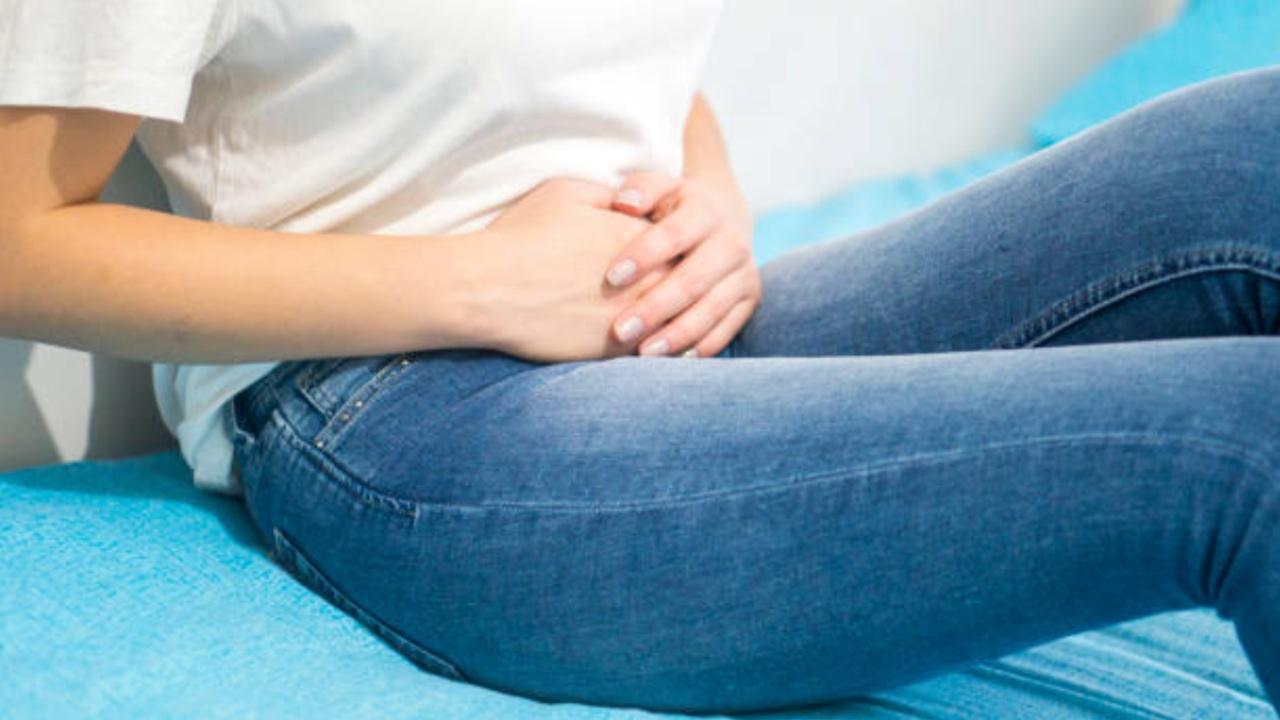Home / Lifestyle / Health & Fitness / Article /
Cases of UTI on the rise among school children due to dirty toilets: Doctors
Updated On: 11 December, 2023 03:58 PM IST | Pune | mid-day online correspondent
Many school and college toilets remain uncleaned for extended periods. In these unsanitary conditions, harmful bacteria thrive, leading to UTIs in students

Image for representational purposes only. Photo Courtesy: iStock
A concerning trend has been observed currently, with a significant rise in urinary tract infections (UTIs) among school-age groups of four to 10 years. A high number of children are now falling victim to this painful condition due to dirty toilets. The issue arises due to a lack of hygiene education and maintenance within educational institutions. Many school and college toilets remain uncleaned for extended periods. In these unsanitary conditions, harmful bacteria thrive, leading to UTIs when students use these facilities. This not only poses a health risk but also affects students' well-being and academic performance. It is essential to take preventive measures in schools and colleges to lower the incidences of UTIs in children and improve their quality of life.
UTI occurs when bacteria, usually E.coli, enter the urethra and travel up the urinary tract, infecting the kidneys, bladder, or ureters. Health experts have observed school children with UTIs belonging to the age group four to 10 years. The girl-to-boy ratio is 2:1.



